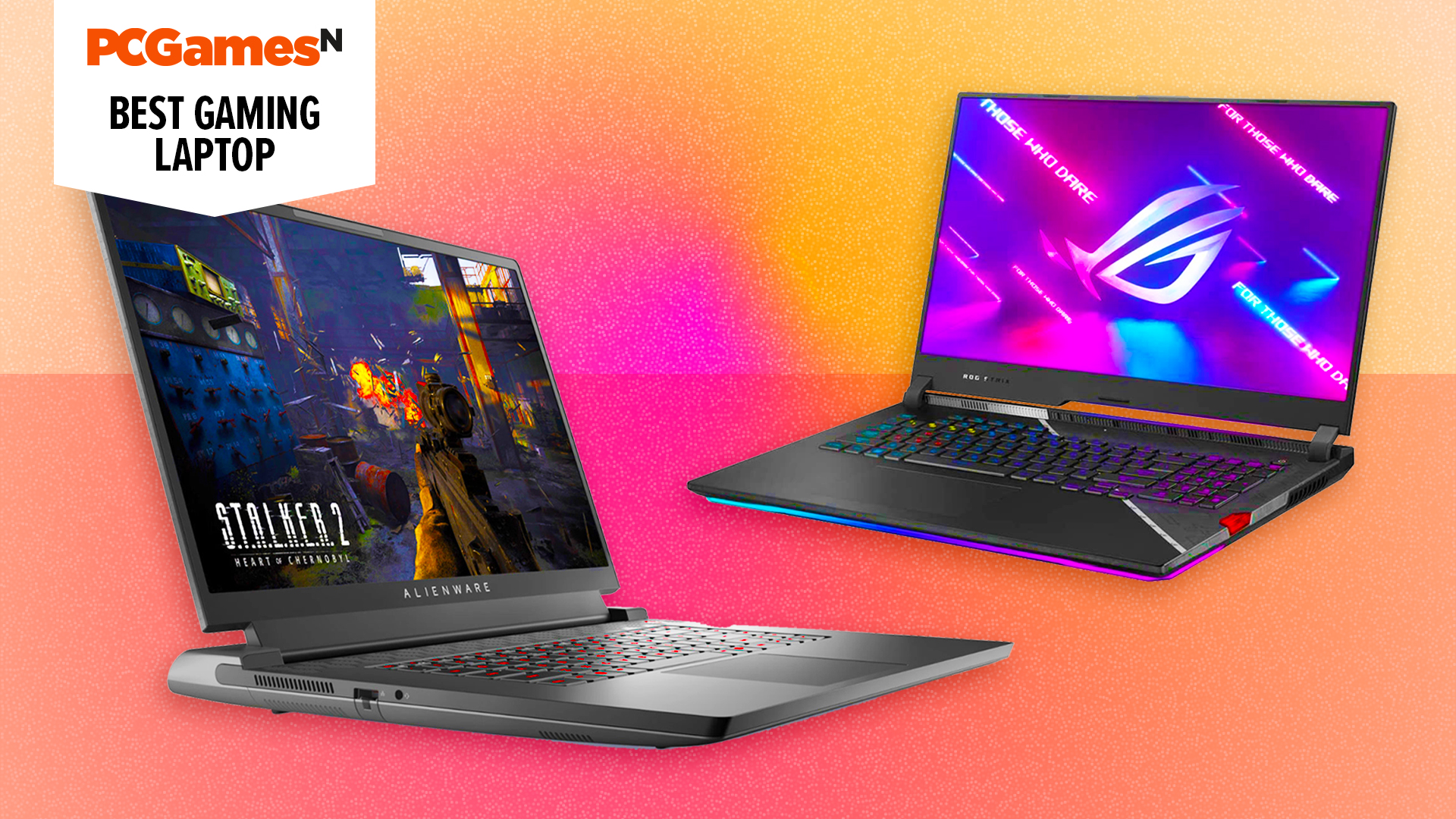
The best gaming laptops give desktops a run for their money, with the added conveniences of better portability and a built-in display. However, for all the similarities these clamshell computers share with the best gaming PCs, they have many unique qualities you need to consider before buying. Whether you want a desktop replacement or a mighty micro machine, we’re here to help you find the right model.
The latest laptops pack Nvidia GeForce RTX 40 or AMD Radeon RX 7000 series graphics, alongside AMD Ryzen 7000 and 13th Gen Intel Core processors, which will run the best PC games smoothly. Higher-spec models will typically run hot and loud under full load, as the components inside them pull the most power and require more active cooling.
Battery life is important when buying a gaming laptop, but you’ll get the most performance out of one by plugging it in. This is true at every price point, from the best budget laptops to the most expensive. Generally, the most critical specs will be your GPU and CPU, as most models feature upgradeable RAM and SSD storage.
Other factors like a laptop’s screen also greatly impact the experience of using it, with the resolution, refresh rate, and panel type all affecting usability. Some even feature dual-mode displays, as seen in our Razer Blade 16 review. We’re constantly testing the latest gaming laptops so that you can buy the best one for your budget and needs.
Why you can trust our advice ✔ At PCGamesN, our experts spend hours testing hardware and reviewing games and VPNs. We share honest, unbiased opinions to help you buy the best. Find out how we test.
Best gaming laptops in 2024:
How to choose the best gaming laptop
Screen
The screen is one of the core areas of your laptop, and you can’t swap it out, so you want to make sure you get one that will fulfill your needs. For gaming, your screen should have at least a 1,920 x 1,080 resolution, and we recommend going for a 14-16-inch screen size. If you’re into fast-paced competitive first-person shooters, it’s worth paying for a screen with a high refresh rate too. For most people’s needs, a 120Hz screen will be fast enough, while 240Hz screens are available for those who play esports games at high frame rates.
However, bear in mind that even the best mobile gaming GPUs will struggle to play the latest games at decent frame rates on high settings at 4K. It’s still worth buying a laptop with a high-res screen for the benefits it brings to working on the move, but you may well need to drop the resolution to 1,920 x 1,080 if you want to enable ray tracing in Cyberpunk 2077.
Some of the latest gaming laptops come with an OLED screen, and it’s worth paying for this if your budget can stretch to it. Not only do OLED screens offer vivid colors and high contrast, with truly deep blacks rather than washed-out grays, but they’re also extremely quick and responsive, which is great for fast-paced gaming.
GPU
The main component to look at in a gaming laptop specs list is the GPU, as this is the part that will have the biggest impact on gaming performance. We recommend the Nvidia GeForce RTX 4060 as the minimum (with the RTX 4070 being the best all-round option), but you also need to see if the specs list states the maximum power allocated to the laptop, which is sometimes listed as the TDP. Laptop makers can restrict the amount of power available to the GPU to save on battery life and prevent overheating in some laptop cases, and this impacts performance.
CPU
The next big part is the CPU, and AMD is the current king here with its latest Ryzen 8000-series and 7000-series chips. You want at least six cores for gaming (that means six P-Cores on an Intel CPU), and the faster the clock speed, the faster your games will run. Intel currently has two main laptop options – Meteor Lake (Core Ultra) and Raptor Lake (14th-gen Core i-series), and both have pros and cons.
Intel’s latest Core Ultra CPUs are more power-efficient, but have fewer cores and lower clock speeds, while its Raptor Lake CPUs, such as the Core i9 14900HX, are extremely powerful, but are also comparatively hot-running and power-hungry.
RAM and storage
We also recommend opting for at least 16GB of RAM, and preferably more – 16GB is fine for gaming, but 32GB is handy if you’re likely to have lots of apps and browser tabs open when you’re working. You’ll want a decent amount of storage space too, with 1TB offering you a decent amount of room for a few game installs.
Upgradability
Unlike a desktop PC, you won’t be able to upgrade many of the core aspects of your laptop’s spec, including the CPU, and GPU, but you may well be able to upgrade the storage and memory at a later date. Check for this in our reviews, as well as the specs lists, as some laptops use soldered memory, which you can’t upgrade, and also only have one M.2 slot for an SSD. If you buy a 16GB laptop with soldered memory, then it will have a limited lifespan, as you won’t be able to upgrade to 32GB later.
Weight
If you’re likely to regularly carry your laptop in a backpack, whether it’s for use on the train or taking to events, you will start to feel the weight on your shoulders if it’s heavy. That’s not such a big issue if you just want a big laptop that will sit on your desk, but if you’re going to be lugging your laptop around regularly, we recommend a laptop weight of under 2.5kg, and under 2kg if possible.
Build quality
The quality of the materials used to build your laptop will have a big impact on the price, its durability, and, of course, looks. Generally, paying for a laptop with metal construction, rather than plastic, will mean there’s more protection for the screen and components when it’s being transported in your bag, and it can also make the laptop more efficient at expelling heat from the hot components.
Best gaming laptop FAQ
Are gaming laptops worth the cost?
A common misconception is that all gaming laptops are too expensive and not worth the cost. Unlike desktops, where you can pick and choose your components and build them yourself, gaming laptops charge a premium for being a pre-built package designed to achieve the best gaming performance possible (within the limits of its specs).
As long as you’ve researched the specifications you want, you’ll see that gaming laptops follow a standard pricing structure with only certain brands charging well above these costs based on their proprietary features. All in all, the convenience of a gaming laptop is worth the cost.
How long should a gaming laptop last?
Gaming laptops tend to have a shorter lifespan than a typical daily-use machine. This is due to the strain they perform under while gaming. We would say that a gaming laptop should last anywhere between three and five years if well-maintained. This means regular cleaning and ensuring your game settings are optimized so your hardware isn’t working overtime every time you boot up a game.
What size screen is best for a gaming laptop?
This decision could come down to personal preference, but we believe 17.3 inches is the ideal screen size for gaming. You will find that 15-inch screens are the most common, but our reasoning behind 17.3 inches is about more than screen real estate.
A larger screen comes with a larger frame, often allowing manufacturers to implement a better cooling system to keep your laptop at a more manageable temperature for longer gaming sessions. It will also come down to the technology included with the screen, as we’d take a 15-inch 4K 144Hz OLED display over a 17.3-inch 1080p 60Hz option any day.
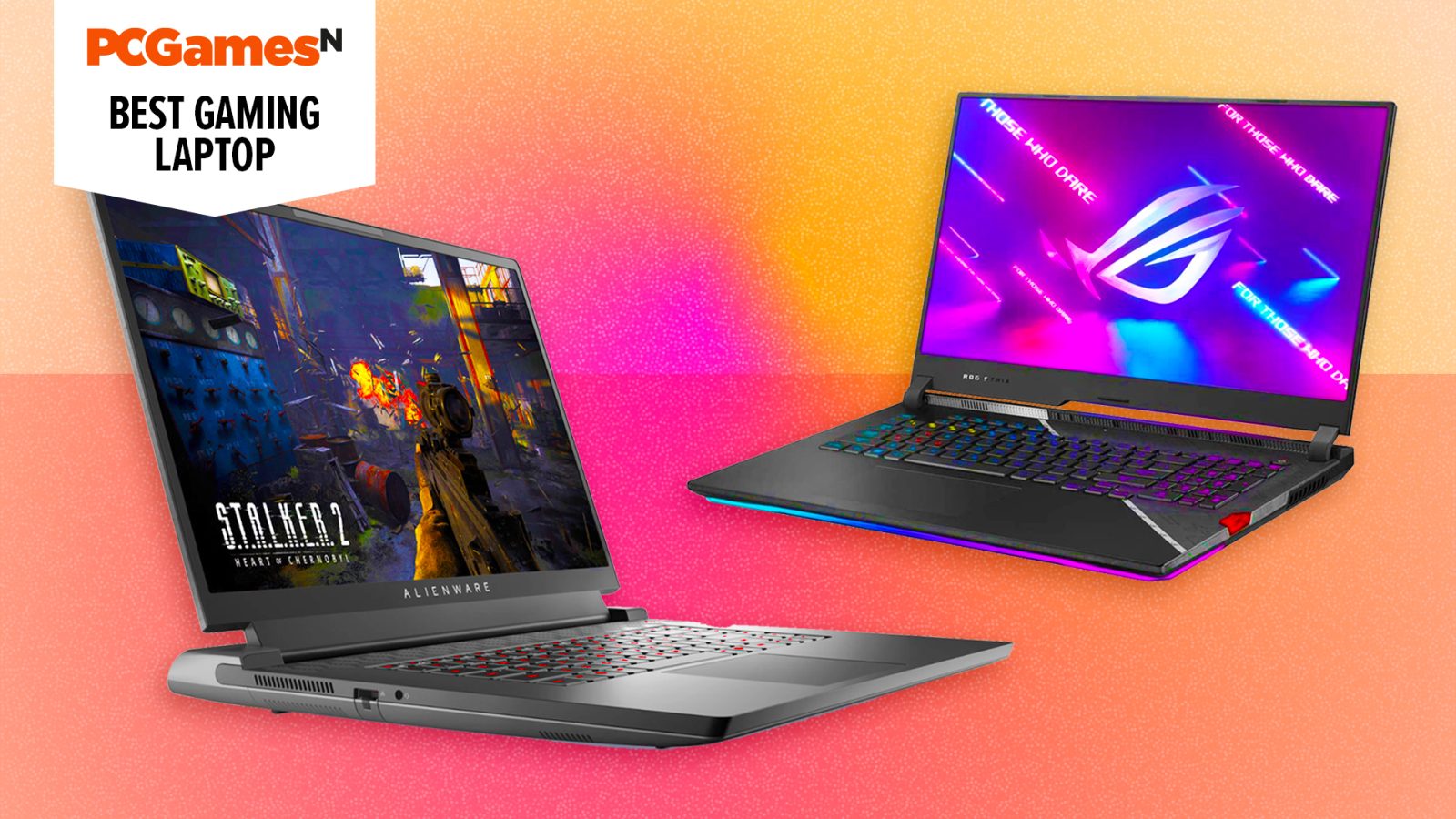
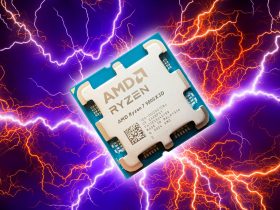

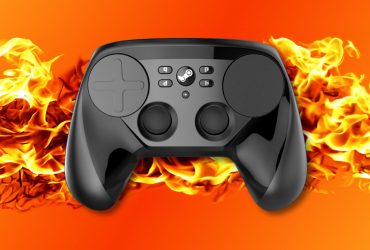
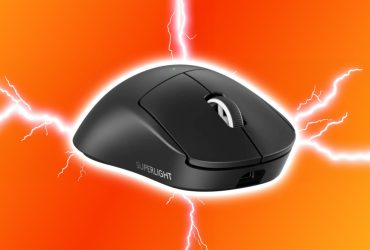
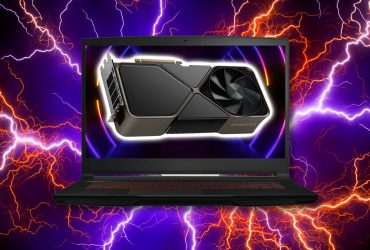

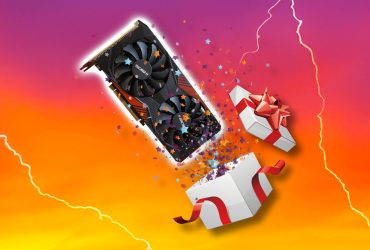
Leave a Reply